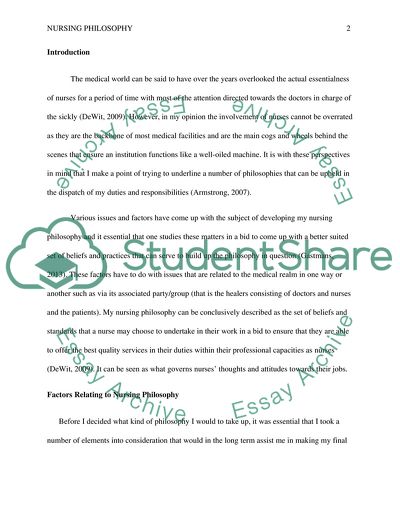Cite this document
(Title- Nursing Philosophy Essay Example | Topics and Well Written Essays - 1250 words, n.d.)
Title- Nursing Philosophy Essay Example | Topics and Well Written Essays - 1250 words. https://studentshare.org/nursing/1813817-factors-relating-to-nursing-philosophy
Title- Nursing Philosophy Essay Example | Topics and Well Written Essays - 1250 words. https://studentshare.org/nursing/1813817-factors-relating-to-nursing-philosophy
(Title- Nursing Philosophy Essay Example | Topics and Well Written Essays - 1250 Words)
Title- Nursing Philosophy Essay Example | Topics and Well Written Essays - 1250 Words. https://studentshare.org/nursing/1813817-factors-relating-to-nursing-philosophy.
Title- Nursing Philosophy Essay Example | Topics and Well Written Essays - 1250 Words. https://studentshare.org/nursing/1813817-factors-relating-to-nursing-philosophy.
“Title- Nursing Philosophy Essay Example | Topics and Well Written Essays - 1250 Words”. https://studentshare.org/nursing/1813817-factors-relating-to-nursing-philosophy.


